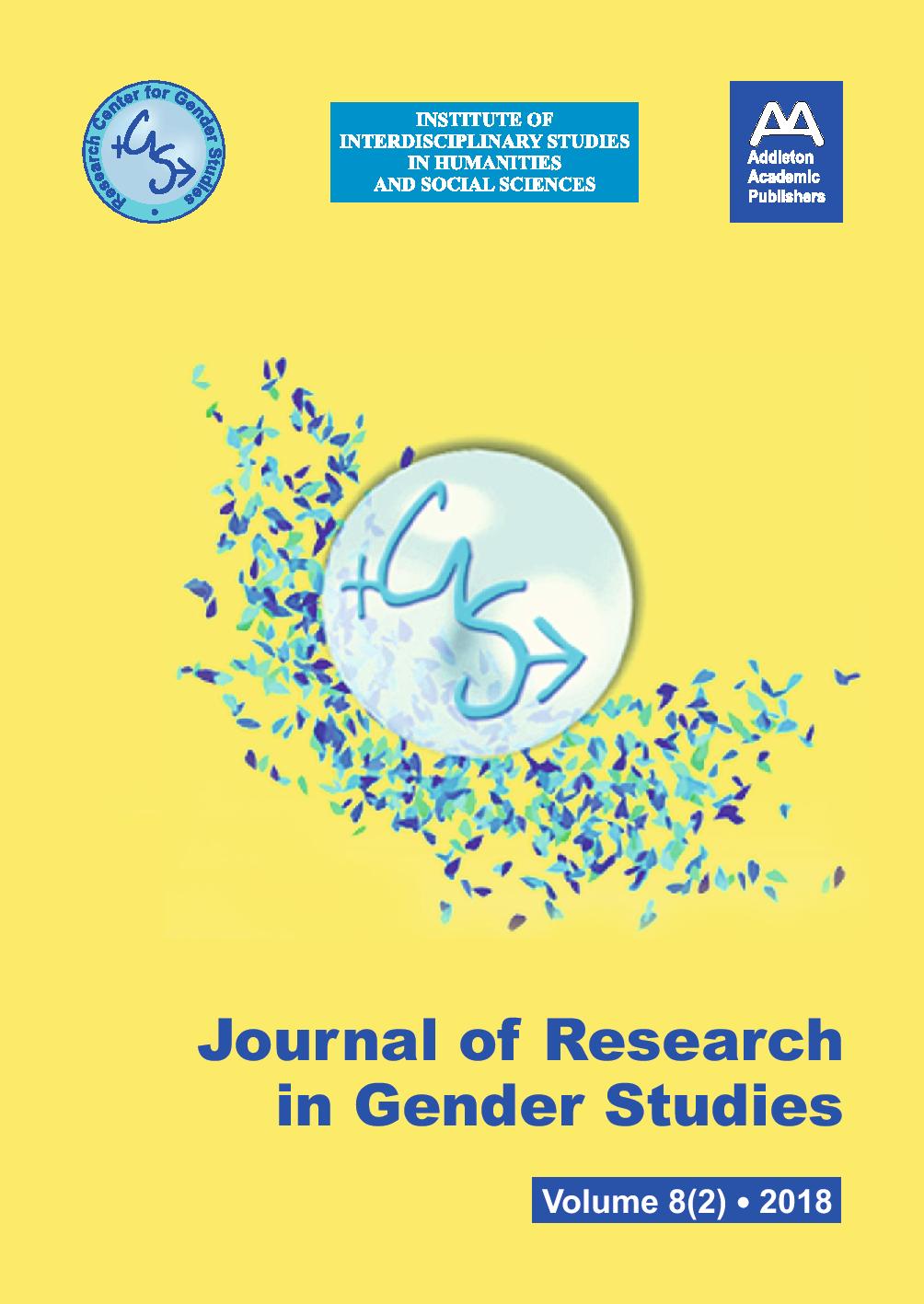WHY ARE WOMEN MORE VULNERABLE IN DEVELOPING ALZHEIMER DISEASE DEMENTIA? THE EFFECT OF GENDER ON INCIDENCE, RISK FACTORS, AND RESULTS
WHY ARE WOMEN MORE VULNERABLE IN DEVELOPING ALZHEIMER DISEASE DEMENTIA? THE EFFECT OF GENDER ON INCIDENCE, RISK FACTORS, AND RESULTS
Author(s): Raluca-Andreea-Anca Lupu-StanescuSubject(s): Gender Studies, Psychology, Neuropsychology, Health and medicine and law
Published by: Addleton Academic Publishers
Keywords: Alzheimer disease dementia; gender; incidence; lifetime risk;
Summary/Abstract: This article reviews recent literature (e.g. Biasibetti et al., 2017; Bonsang, Skirbekk, and Staudinger, 2017; de Oliveira et al., 2018; Lee, Lee, and Kim, 2017; Malpetti et al., 2017; Mosconi et al., 2017) concerning how sex and gender generate risk and resilience for dementia. Using data from Alzheimer’s Association, Alzheimer’s Research UK, Medical Expenditure Panel Survey–Milken Institute, National Vital Statistics System–Mortality, and Statista, I performed analyses and made estimates regarding the relationship between gender and Alzheimer’s disease (AD), dementia projections for babies born in 2018, increasing dementia prevalence by gender, projected cumulative savings associated with increased research incentives, expenditures linked to dementia, estimated lifetime risks for Alzheimer’s in the U.S., by age and gender, and age-adjusted death rates for AD, by Hispanic origin, race for non-Hispanic population, and sex. Empirical and secondary data are employed to support the claim that AD asymmetrically involves more women than men in both incidence and acuteness.
Journal: Journal of Research in Gender Studies
- Issue Year: 8/2018
- Issue No: 2
- Page Range: 137-143
- Page Count: 7
- Language: English
- Content File-PDF

